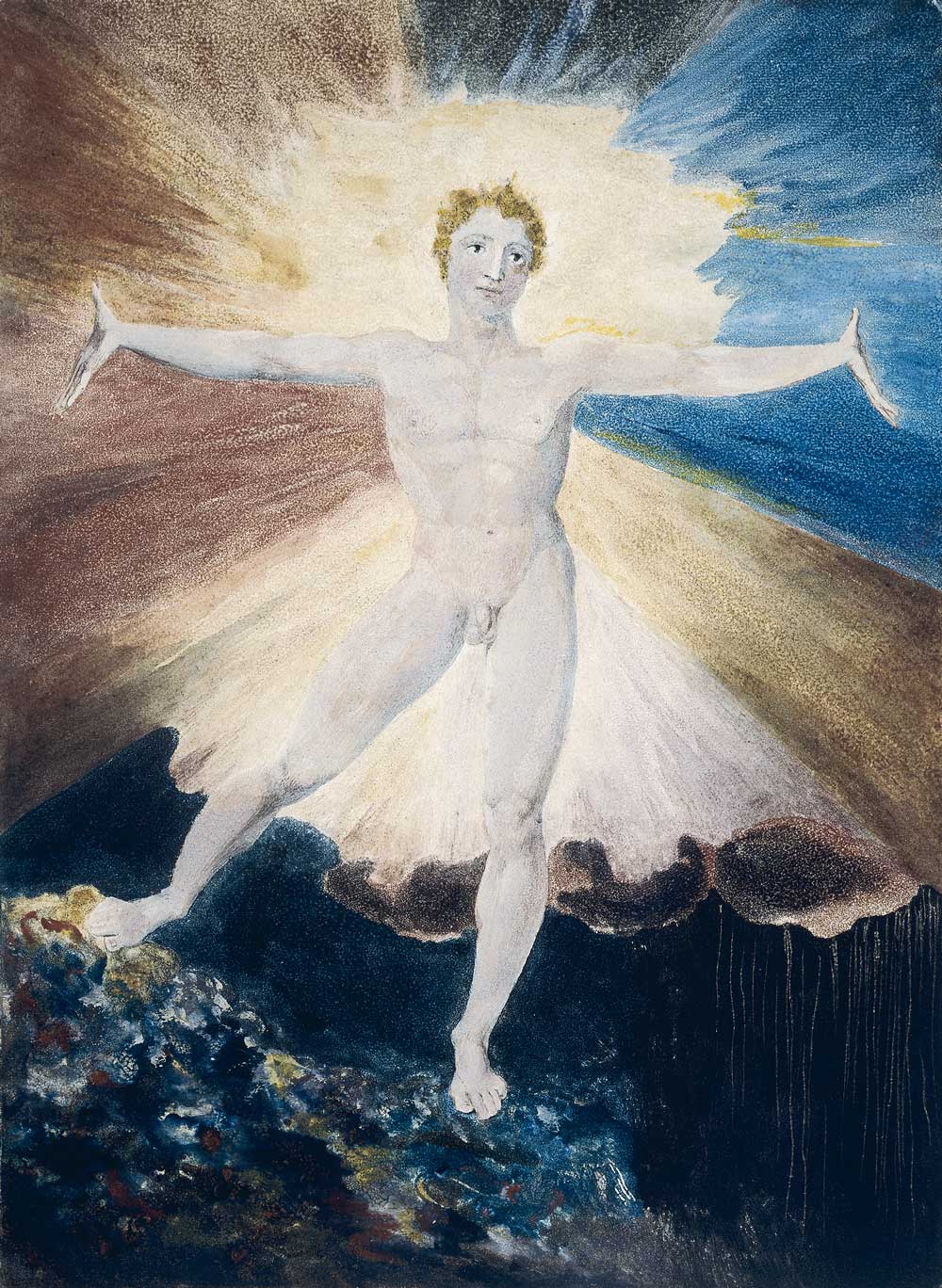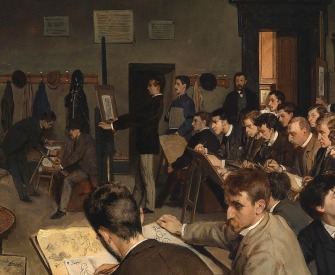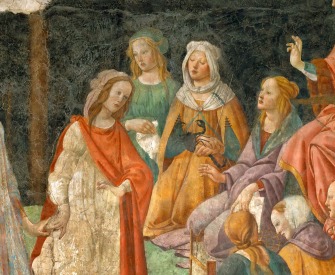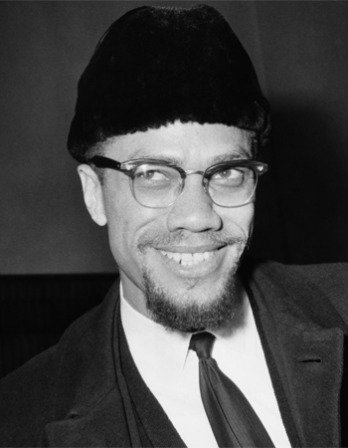Power is so apt to be insolent, and Liberty to be saucy, that they are very seldom upon good terms.
—George Savile, 1690Payment Due
Richard Harvey Cain advocates for a living Constitution.
Sir, social equality is a right which every man, every woman, and every class of persons have within their own control. They have a right to form their own acquaintances, to establish their own social relationships. Now, what is it we desire? What we desire is this: inasmuch as we have been raised to the dignity, to the honor, to the position of our manhood, we ask that the laws of this country should guarantee all the rights and immunities belonging to that proud position, to be enforced all over this broad land.
The gentleman has told us that if we pass this civil rights bill we will thereby rob the colored men of the South of the friendship of the whites. Now, I am at a loss to see how the friendship of our white friends can be lost to us by simply saying we should be permitted to enjoy the rights enjoyed by other citizens.
I think that there will be no difficulty. But I do think this—that there will be more trouble if we do not have those rights. I regard it important, therefore, that we should make the law so strong that no man can infringe those rights.
I propose to state just this: that we have been identified with the interests of this country from its very foundation. The cotton crop of this country has been raised and its rice fields have been tilled by the hands of our race. All along as the march of progress, as the march of commerce, as the development of your resources has been widening and expanding and spreading, as your vessels have gone on every sea, with the Stars and Stripes waving over them, and carried your commerce everywhere—there the black man’s labor has gone to enrich your country and to augment the grandeur of your nationality. This was done in the time of slavery. And, if for the space of time I have noted, we have been hewers of wood and drawers of water; if we have made your cotton fields blossom as the rose; if we have made your rice fields wave with luxuriant harvests; if we have made your cornfields rejoice; if we have sweated and toiled to build up the prosperity of the whole country by the productions of our labor, I submit, now that the war has made a change, now that we are free—I submit to the nation whether it is not fair and right that we should come in and enjoy to the fullest extent our freedom and liberty.
A word now as to the question of education. Sir, I know that, indeed, some of our Republican friends are even a little weak on the school clause of this bill; but, sir, the education of the race, the education of the nation, is paramount to all other considerations. I regard it important, therefore, that the colored people should take place in the educational march in this nation, and I would suggest that there should be no discrimination. It is against discrimination in this particular that we complain.
Sir, if you look over the reports of superintendents of schools in the several states, you will find, I think, evidences sufficient to warrant Congress in passing the civil rights bill as it now stands. The report of the commissioner of education of California shows that under the operation of law and of prejudice, the colored children of that state are practically excluded from schooling. Here is a case where a large class of children are growing up in our midst in a state of ignorance and semibarbarism. Take the report of the superintendent of education of Indiana, and you will find that while efforts have been made in some places to educate the colored children, yet the prejudice is so great that it debars the colored children from enjoying all the rights which they ought to enjoy under the law. In Illinois, too, the superintendent of education makes this statement: that while the law guarantees education to every child, yet such are the operations among the school trustees that they almost ignore, in some places, the education of colored children.
All we ask is that you, the legislators of the nation, shall pass a law so strong and so powerful that no one shall be able to elude it and destroy our rights under the Constitution and laws of our country. That is all we ask.
But, Mr. Speaker, the gentleman from North Carolina asks that the colored man shall place himself in an attitude to receive his rights. I ask, what attitude can we assume? We have tilled your soil, and during the rude shock of the war, until our hour came, we were docile during that long, dark night, waiting patiently for the coming day.
And for what, Mr. Speaker and gentleman, was the great war made? The gentleman from North Carolina announced before he sat down, in answer to an interrogatory by a gentleman on this side of the House, that they went into the war conscientiously before God. So be it. Then we simply come and plead conscientiously before God that these are our rights, and we want them. We plead conscientiously before God, believing that these are our rights by inheritance, and by the inexorable decree of Almighty God.

Albion Rose, by William Blake, c. 1795. © The Trustees of the British Museum/Art Resource, NY.
We believe in the Declaration of Independence, that all men are born free and equal, and are endowed by their Creator with certain inalienable rights, among which are life, liberty, and the pursuit of happiness. And we further believe that to secure those rights governments are instituted. And we further believe that when governments cease to subserve those ends the people should change them.
I have been astonished at the course which gentlemen on the other side have taken in discussing this bill. They plant themselves right behind the Constitution and declare that the rights of the state ought not to be invaded.
I think it is proper and just that the civil rights bill should be passed. Some think it would be better to modify it, to strike out the school clause, or to so modify it that some of the state constitutions should not be infringed. I regard it essential to us and the people of this country that we should be secured in this if in nothing else. I cannot regard that our rights will be secured until the jury-box and the schoolroom, those great palladia of our liberty, shall have been opened to us.
Inasmuch as we have toiled with you in building up this nation; inasmuch as we have suffered side by side with you in the war; inasmuch as we have together passed through affliction and pestilence, let there be now a fulfillment of the sublime thought of our father—let all men enjoy equal liberty and equal rights.

Richard Harvey Cain
From a speech delivered in Congress. Cain went to college in Ohio, to which his parents had moved from Virginia in search of better opportunities for free African Americans. Cain became a pastor in Charleston after the Civil War and was elected to South Carolina’s state senate in 1868. The following year he introduced a resolution to ask Congress to purchase land to be sold or redistributed to landless citizens. Congress refused, and two years later Cain carried out the project himself on a two-thousand-acre plot he purchased near Charleston. He later served two terms in the U.S. House of Representatives.




